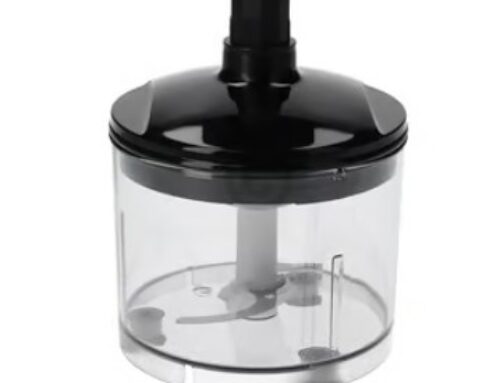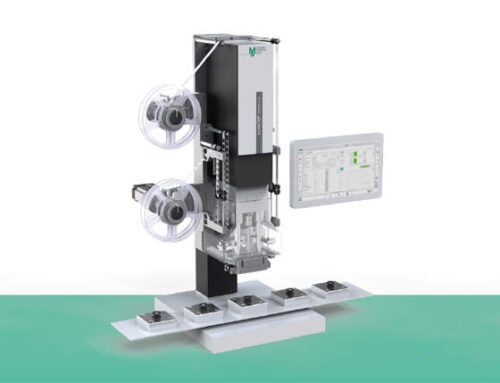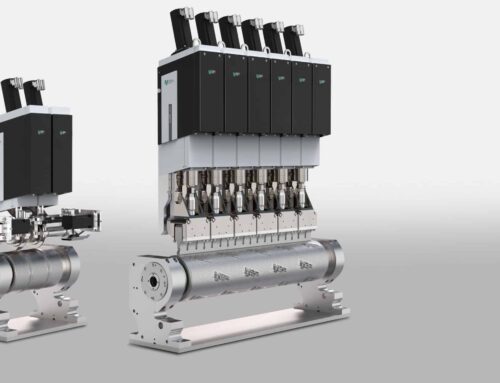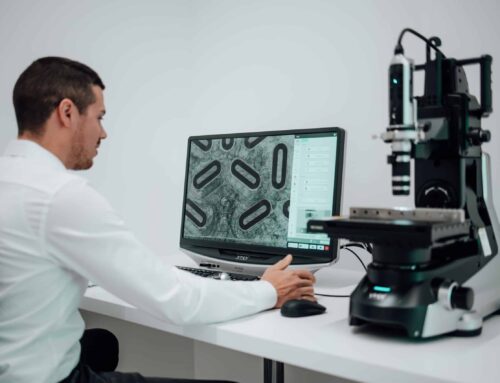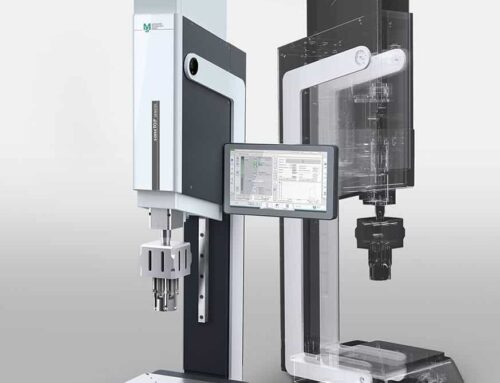Medical Devices and the Role of Ultrasonic Welding
Manufacturing devices for the healthcare sector requires great precision. The industry needs durable, tight-tolerance components that can withstand exposure to harsh chemicals, extreme temperatures, and more. Ultrasonic plastic welding meets these needs, and the use of a servo-electric drive instead of a pneumatic drive ensures maximum repeatability and accuracy. This welding technique quickly and effectively bonds thermoplastic, textile, and nonwoven materials for optimal versatility. In this blog, we’ll examine ultrasonic plastic welding’s compatibility with medical-grade thermoplastics as well as its benefits for healthcare applications.
Understanding Medical Device Plastics
Medical plastics are medical-grade materials that adhere to strict quality and safety regulations to protect medical personnel and their patients. For example, thermoplastics for certain healthcare applications must be biocompatible so people won’t have negative reactions when the material comes into contact with their bodies. These plastics should also be easy to clean to facilitate regular sterilization, strong to resist impact damage and rugged use, and resistant to high-temperature or corrosive environments.
Manufacturers can reheat thermoplastics and remold them several times without them degrading permanently. Examples of these synthetic polymers are polycarbonate, polyethylene, and polypropylene, all of which are common in medical devices. Each one offers unique qualities beneficial for medical devices, such as polycarbonate’s impact resistance, polyethylene’s low moisture absorption, and polypropylene’s resistance to steam sterilization.
Ultrasonic plastic welding is compatible with both medical-grade thermoplastics and the requirements of the medical device sector for creating high-quality, lasting welds. Rather than using adhesives like glue, this technology simply applies pressure and ultrasonic mechanical vibrations to a workpiece which creates enough heat between the workpieces to bond components.
Advantages of Ultrasonic Plastic Welding in Medical Devices
Using ultrasonic plastic welding to produce medical devices offers the following benefits:
- Using vibrations rather than adhesives or solvents to form a bond for medical components, ultrasonic plastic welding provides manufacturers with a method to produce biocompatible medical devices.
- Hermetically Sealed Welds. Another benefit that makes the process well-suited for medical device manufacturing is its ability to generate strong, hermetically sealed welds. These reliable, airtight welds can fulfill the needs of Tier II and III medical devices.
- In addition to creating welds that cool in milliseconds, ultrasonic plastic welding is cost- and energy-efficient. The lack of adhesives and other consumables lowers costs, and the process supports sustainability by reducing energy consumption.
- Accurate Results with Tight Tolerances.Ultrasonic plastic welding technology outperforms traditional pneumatic equipment, providing greater control to achieve higher accuracy in a weld.
- Ability to Weld Thin Films and Membranes. As a highly precise process, ultrasonic plastic welding can successfully join thin films and membranes without negatively impacting the materials’ integrity.
- Pneumatically-driven ultrasonic welding equipment utilizes air compressors, dryers, hoses, and related components, all of which require significant time to set up and test for clogs and correct pressure. While servo-electric drives don’t eliminate the need for testing, users can save and load the testing and operating programs on these digitally controlled devices and run them again as needed with the push of a button. This offers manufacturers a scalable solution, allowing them to upload the program to any machine with the same tooling and run it without additional setup.
Applications of Ultrasonic Welding Plastic Medical Components
Ultrasonic plastic welding is suitable for an array of applications within the medical industry, such as the following:
- Medical Devices. This welding method offers the precision necessary to create critical medical devices and components such as laryngoscopes, blood pumps, and dialysis, infusion, and blood filters.
- Wearable Medical Devices. Continuous glucose monitors and other fragile wearable assemblies for the medical sector benefit from the gentle touch and zero-chemical nature of ultrasonic plastic welding.
- Face Masks.Ultrasonic plastic welding is capable of creating medical face masks that balance durability with comfort, providing a breathable, multi-layer solution for medical professionals — particularly during a pandemic.
- Laminated and Sealed Components. For everything from dressings for wound care to product packaging, ultrasonic plastic welding can effectively laminate or seal medical products to safeguard against contaminants and material damage.
- Medical equipment intended for sterile settings like cleanrooms must maintain appropriate cleanliness levels. Ultrasonic welding technology is approved for such purposes, aligning with ISO 14644-1 and -2 standards.
Build a Better Tomorrow With Our Medical Device Manufacturing at MS Ultrasonic
The medical device sector relies on ultrasonic plastic welding because it creates strong, repeatable, hermetically sealed bonds that don’t require harsh chemical solvents or adhesives. At MS Ultrasonic Technology Group, we build ultrasonic plastic welding equipment like our MS sonxTOP series machines in-house, designing them to integrate seamlessly into existing production lines for reduced downtime.
This equipment employs, among other features, a highly intuitive and user-friendly human-machine interface (HMI), our unique sequencing software package, safety features like pressure alarms, and a working tool offering positioning accuracy to within 10 microns. This equipment provides a high degree of quality control and efficiency, creating reliable, accurate welds in milliseconds while servo-electric drives minimize energy consumption.
To learn more about how MS Ultrasonic’s welding technology can support your medical device operation, contact us today.


